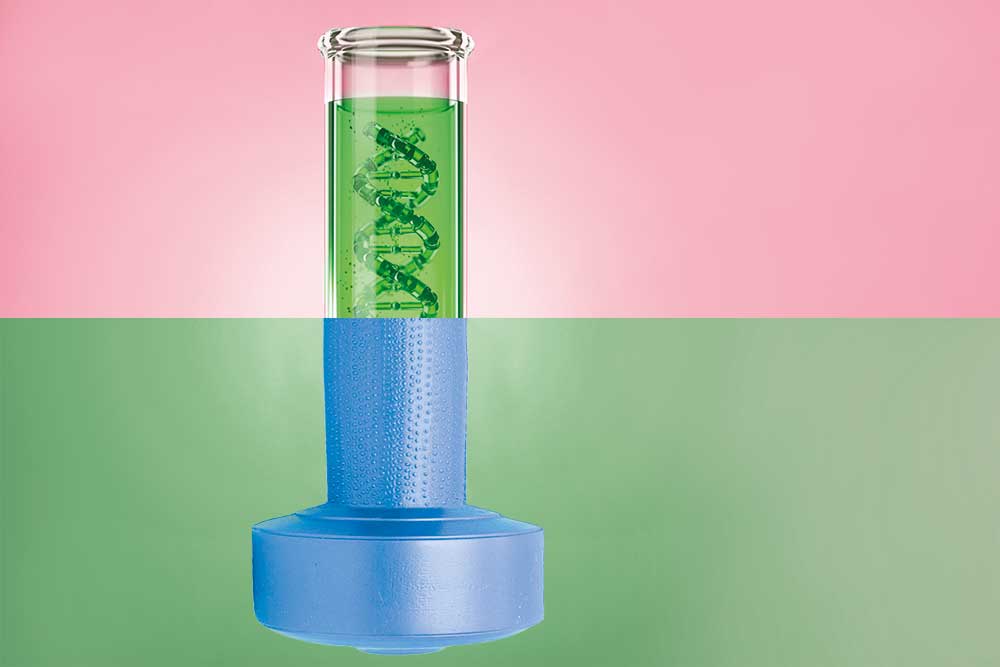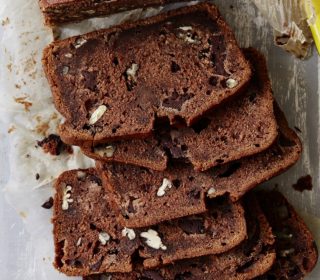How to balance your hormones with exercise

We all know that exercise is good for our mental and physical health and wellness but, when it comes to fitness, there’s one area that often gets overlooked: our hormones. Much like diet, sleep and stress, exercise impacts our hormone levels. In fact, it’s a crucial building block of balanced hormone health.
Considering the large part our hormones play in overall wellness, this is not something to ignore. “Hormones are one of the body’s main signalling systems. They direct biochemical responses that regulate metabolism, sleep, mood, immunity and more. There are very few things unaffected by hormone levels,” explains Rhian Stephenson, Nutritionist and naturopath and founder of Artah.
When you work out, your hormones are affected in two different ways. “Exercise elicits both a hormonal response that affects chemical signalling, and other non hormonal responses that can affect different hormones in the body,” says Rhian. “Staying active is one of the best ways to maintain harmony in a highly complex system of interactions.”
What workout is the most effective for balancing hormones?
While all exercise affects our hormones, each workout has a different impact.
“Splitting your workouts between cardio, resistance (for example, weights), HIIT (high intensity exercise) and yoga will ensure you’re balancing all of the major male and female hormones, cortisol and insulin,” states Rhian.
Cardio, for example, is helpful in balancing oestrogen, the primary female sex hormone. When levels of oestrogen are too high or low it can lead to bloating or water retention, menstrual cycle issues and mood swings. A lack of oestrogen can also put women at more risk of developing both breast and ovarian cancer.
“Exercise helps to regulate your oestrogen levels by increasing lean muscle mass, which increases metabolism, which then helps to burn more fat and reduce fat mass,” explains Dr Sohere Roked, GP and hormone expert. “Also, since fat cells naturally produce harmful oestrogen, anything that keeps you lean will help balance oestrogen levels.”
On the other hand, resistance or endurance training has the biggest impact on testosterone levels, present in both the sexes.
“Exercises like weight lifting and squats both boost testosterone levels and HGH (human growth hormone). These are key for both muscle growth and repair,” Sohere expands. For men, this is the dominant hormone and fundamental to all aspects of health.
“Testosterone is responsible for libido, fertility, muscle growth and retention, and has important functions in mood, heart health and energy,” Rhian comments.
While feel-good endorphins may be addictive, it is possible to over do it. Cortisol – known as the stress hormone and part of our fight-or-flight mechanism – is released when the body experiences too much physical stress, sometimes as a result of over-exercise.
“Although cortisol helps promote fat metabolism, exercising for too long can elevate levels of cortisol to break down muscle protein for fuel instead of conserving it to be used to repair damaged tissues,” Sohere warns.
“Extreme levels of high cortisol can also have negative health implications such as suppressing the immune system and encouraging fat gain around the stomach area,” confirms Angelique Panagos, Nutritional Therapist and Hormone Expert.
If you are not an athlete or training for a big event, a gruelling 7-day-a-week programme of intense exercise isn’t necessarily the best idea. It’s better to keep your schedule varied and mix in resting or active recovery days where you keep moving with walking or gentle stretching.
Cortisol is also the reason why timing gym excursions is vitally important. With many of us suffering from a variety of sleep issues, we don’t want anything else working against us, so instead schedule more intense workouts in the morning or on your lunch break.
Don’t forget yoga…
Yoga, however, is a great evening exercise to prepare you for a peaceful night’s kip. “It increases activity of the parasympathetic nervous system which makes you feel calm. This helps relieve stress, lower blood pressure, stimulate the immune system, decreases cortisol and anxiety, and can help thyroid function,” Rhian reasons. She also adds that yoga can play a part in assisting fertility. “In women, chronic stress can affect ovulation by decreasing activity of the hypothalamus, the area of the brain that triggers the ovaries to release eggs, while in men chronic stress can lower sperm count. Studies have shown that yoga can reduce stress.”
If you think you might have hormone imbalances, see your GP.
Read More: Find out the best exercise to do according to where you are in your menstrual cycle









